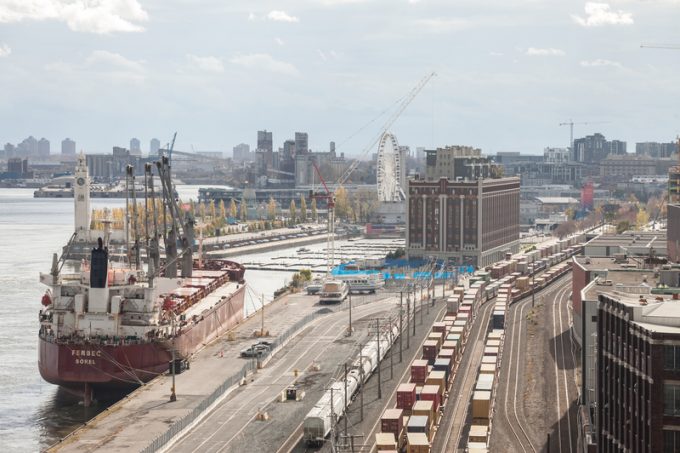American shrimpers welcome plan to 'make seafood great again'
Fish and seafood supply chains could be set to change following a US plan to ...

At the eleventh hour the Canadian government is to intervene in the escalating labour confrontation at the port of Montreal.
Faced with the prospect of a second crippling strike within nine months, Ottawa has abandoned its stance of staying out of the dispute.
Less than nine months ...

Comment on this article